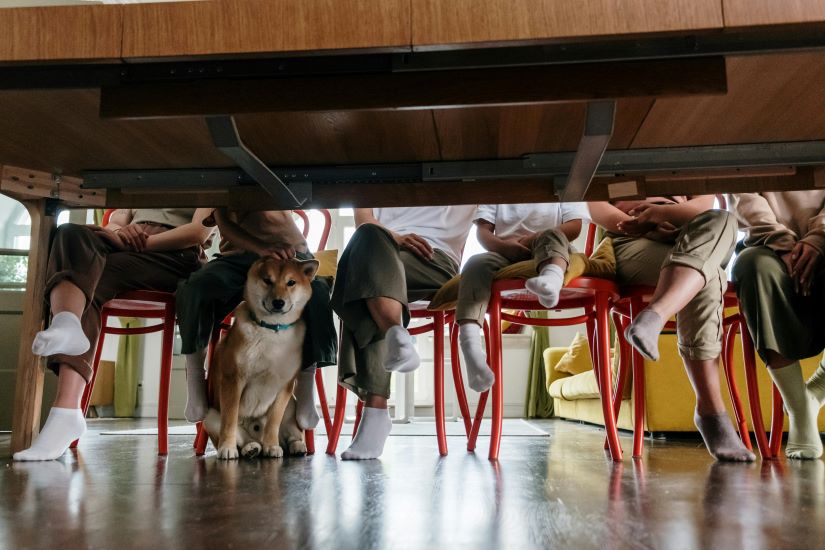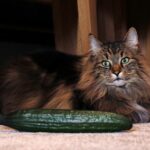
For many dog owners, it’s tempting to share our meals with our furry companions, especially when they give us those irresistible puppy eyes. However, while the occasional treat may seem harmless, feeding table scraps to dogs can have significant implications for their health and well-being. Let’s explore whether table scraps are actually that bad for dogs and understand the potential risks involved:
1. Digestive Upset:
Dogs have sensitive digestive systems that may not tolerate certain human foods well. Feeding table scraps, especially those high in fat, spices, or unfamiliar ingredients, can lead to digestive upset, including diarrhea, vomiting, and gastrointestinal discomfort. Foods like onions, garlic, chocolate, and grapes are particularly toxic to dogs and can cause serious health issues if ingested in large quantities.
2. Nutritional Imbalance:
Commercial dog food is formulated to meet the specific nutritional needs of dogs, providing a balanced blend of protein, carbohydrates, fats, vitamins, and minerals. Table scraps, on the other hand, may lack essential nutrients or contain excessive amounts of certain nutrients that can disrupt a dog’s dietary balance. Feeding too many table scraps can lead to nutritional deficiencies or imbalances, compromising your dog’s health over time.
3. Weight Gain and Obesity:
Many table scraps are high in calories and fat, which can contribute to weight gain and obesity in dogs. Obesity is a significant health concern for dogs and can lead to a range of health issues, including diabetes, joint problems, and heart disease. Feeding table scraps as treats or supplements to a dog’s regular diet without considering their nutritional content can contribute to unhealthy weight gain and obesity.
4. Behavioral Issues:
Feeding table scraps from the dinner table can reinforce begging behavior in dogs and encourage them to seek out human food. This can lead to behavioral issues such as begging, food guarding, and even aggression around food. It’s essential to establish clear boundaries and feeding routines to prevent unwanted behaviors and maintain a harmonious relationship with your dog.
5. Risk of Accidental Ingestion:
Some table scraps, such as bones, pits, and food wrappers, can pose a choking hazard or cause intestinal blockages if ingested by dogs. Cooked bones, in particular, can splinter and cause serious injuries to a dog’s mouth, throat, or digestive tract. It’s crucial to supervise your dog around food and household items to prevent accidental ingestion and ensure their safety.
Conclusion:
While the occasional small bite of cooked, unseasoned meat or vegetables may be safe for dogs, it’s essential to exercise caution when feeding table scraps. As a responsible pet owner, prioritize your dog’s health and well-being by providing them with a balanced diet of high-quality commercial dog food and appropriate treats. Consult with your veterinarian if you have any concerns about your dog’s diet or nutritional needs, and avoid feeding table scraps that may pose risks to their health. By making informed choices and prioritizing your dog’s dietary health, you can help them live a long, happy, and healthy life.
Picture Courtesy: Google/images are subject to copyright








